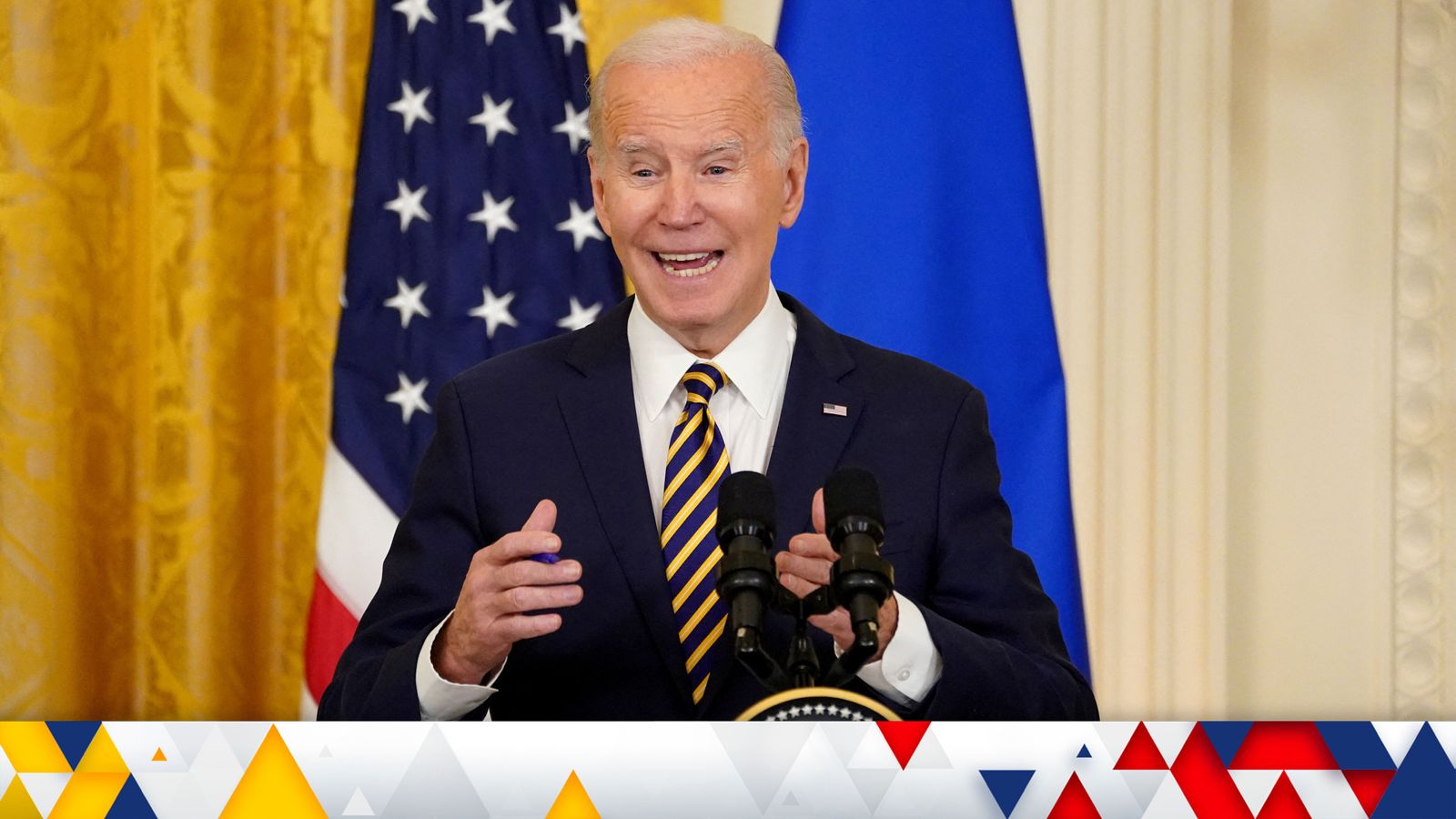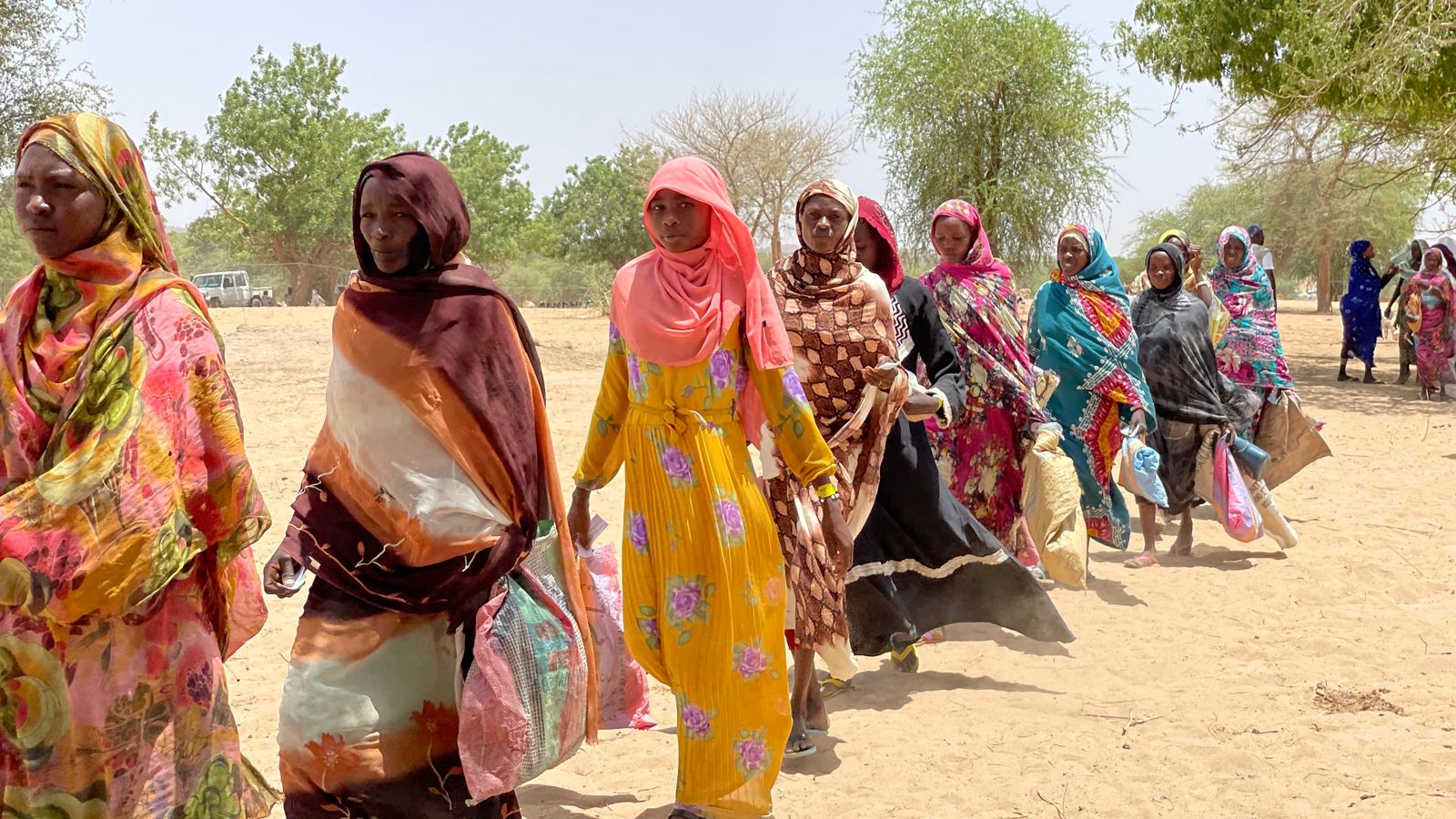Global warming to exceed Paris target despite climate pledges – but increase is slowing

The combined climate pledges of countries around the world set it on course for a dangerous 2.5C of warming, far higher than limit countries committed to in Glasgow at COP26 last year.
That’s the verdict of a crucial United Nations assessment of how political pledges from 193 countries that signed the historic Paris Agreement stack up together.
It warns the world is on course for 2.5C of warming, assuming all plans are indeed implemented.
This marks progress from when the landmark Paris climate accord was struck in 2015, when the world was on track for 4C of warming.
But it is still far higher than the now widely accepted 1.5C limit that the world needs to stick to in order to avoid the worst impacts of climate change, which drive extreme flooding and drought, crop failures, disease spread and loss of lives and livelihoods.
“To put it bluntly,” said executive secretary of UN Climate Change Simon Stiell, countries’ climate action plans as they stand “simply aren’t good enough”.
However, the annual synthesis of plans said that they are at least starting to bend the curve of global greenhouse gas emissions downward.
For the first time, the annual report has predicted that emissions will peak at 2030. Last year they were still set to continue rising after 2030.
But emissions are still not “demonstrating the rapid downward trend science says is necessary this decade”, the report said, because the sooner emissions fall the less global warming will be “locked in” long-term.
Advertisement
The world’s leading international group of climate scientists, the IPCC, says emissions must be slashed by 45% by 2030, in order to limit warming to 1.5C.
Climate plans are “still nowhere near” the scale and speed needed to keep the world within safe limits, Mr Steill added as he launched the report on Wednesday morning.
A promise to revisit and strengthen climate plans was hailed as one of the key success from COP26 in Glasgow last year. Mr Steill called it “disappointing” that only 24 have materialised in the last year, when many countries have been preoccupied with the war in Ukraine and ensuing energy crisis.
Alok Sharma MP and COP26 president said the report shows that “although we have made some progress – and every fraction of a degree counts – much more is needed urgently.”
The UK will in two weeks pass the baton to Egypt to take up the presidency for COP27, which it is hosting in November.
New climate plans that countries produced since COP26 are set to shave off around 6 gigatonnes from global emissions in 2030, roughly equivalent to the the US’s current annual emissions.
Watch the Daily Climate Show at 3.30pm Monday to Friday, and The Climate Show with Tom Heap on Saturday and Sunday at 3.30pm and 7.30pm.
All on Sky News, on the Sky News website and app, on YouTube and Twitter.
The show investigates how global warming is changing our landscape and highlights solutions to the crisis.

